Theories of Communication: Piaget, Vygotsky, Development & Application
VerifiedAdded on 2023/03/22
|17
|733
|43
Essay
AI Summary
This essay provides a detailed analysis of Jean Piaget's theory of cognitive development and Lev Vygotsky's sociocultural theory of cognitive development. Piaget's theory is explored through the concepts of assimilation, accommodation, and equilibration, along with the sensorimotor, pre-operational, concrete operational, and formal operational stages. The application of Piaget's theory emphasizes the collaborative roles of learners and teachers. Vygotsky's theory is examined through social interaction, the role of more knowledgeable others (MKO), and the zone of proximal development, highlighting the importance of social and cultural influences on learning. The essay concludes by noting that, according to Vygotsky's theory, teachers transmit knowledge and skills through lectures, fostering a reciprocal learning experience. Desklib offers a wealth of similar solved assignments and resources for students.
1 out of 17
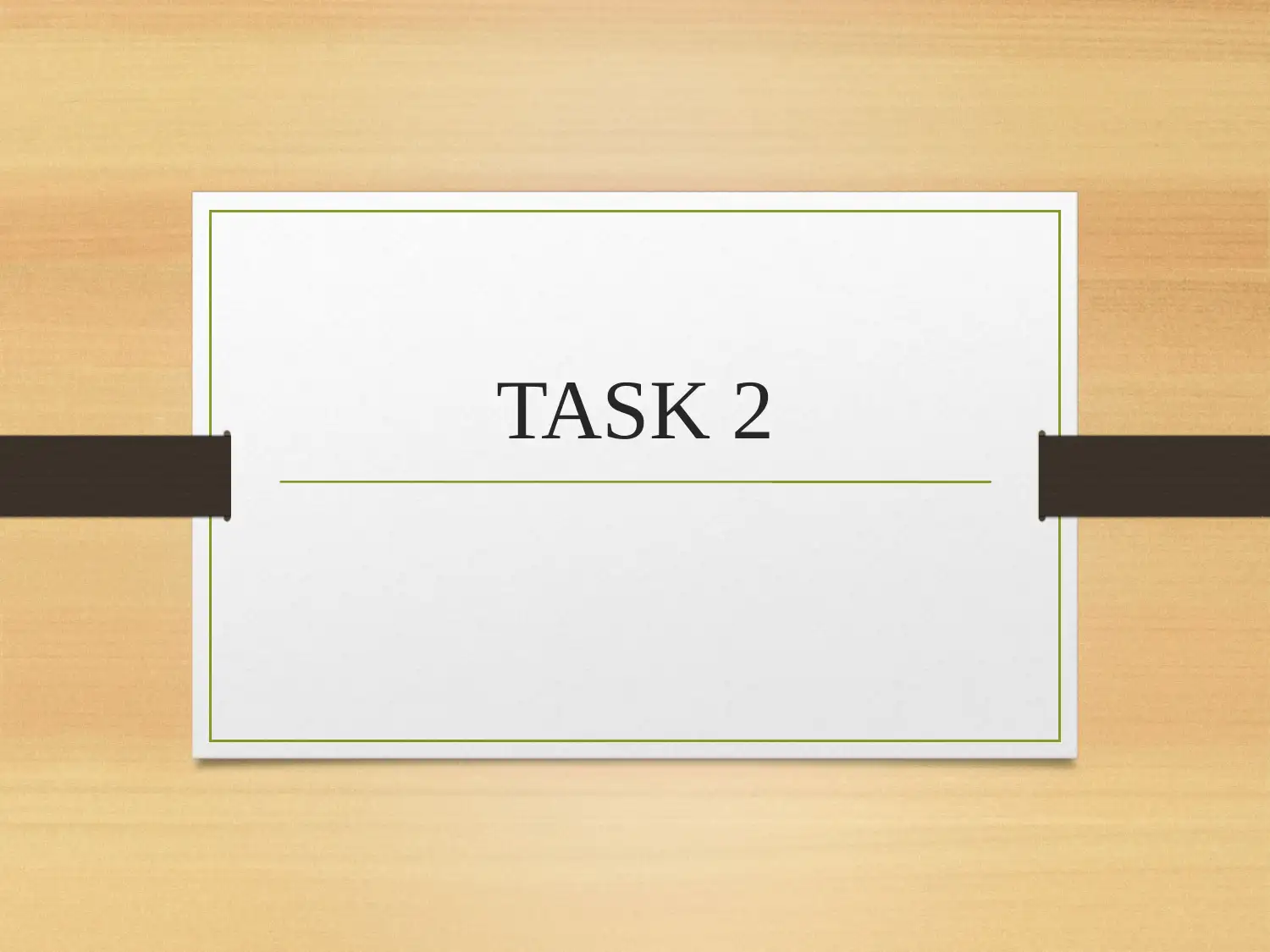
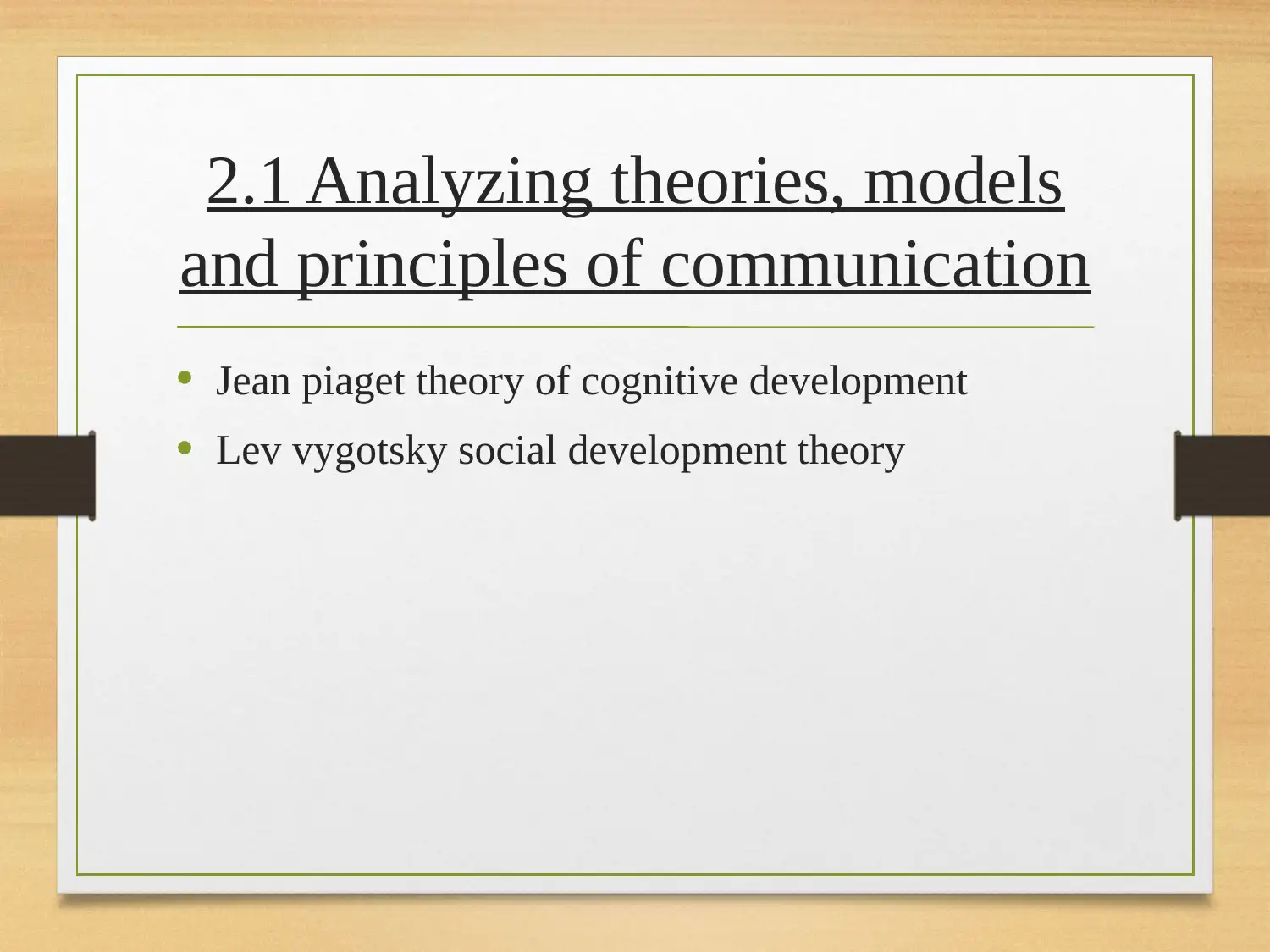
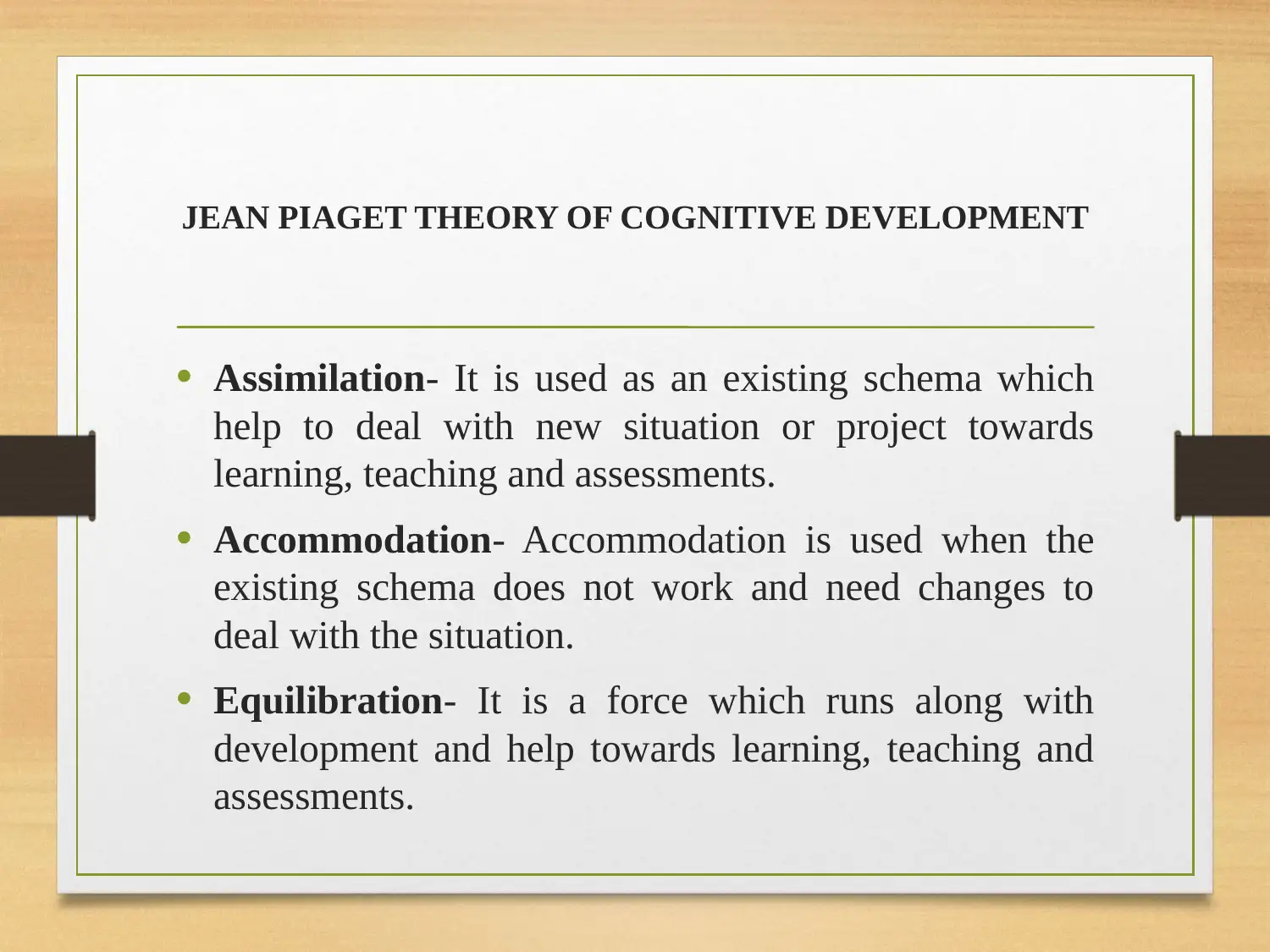

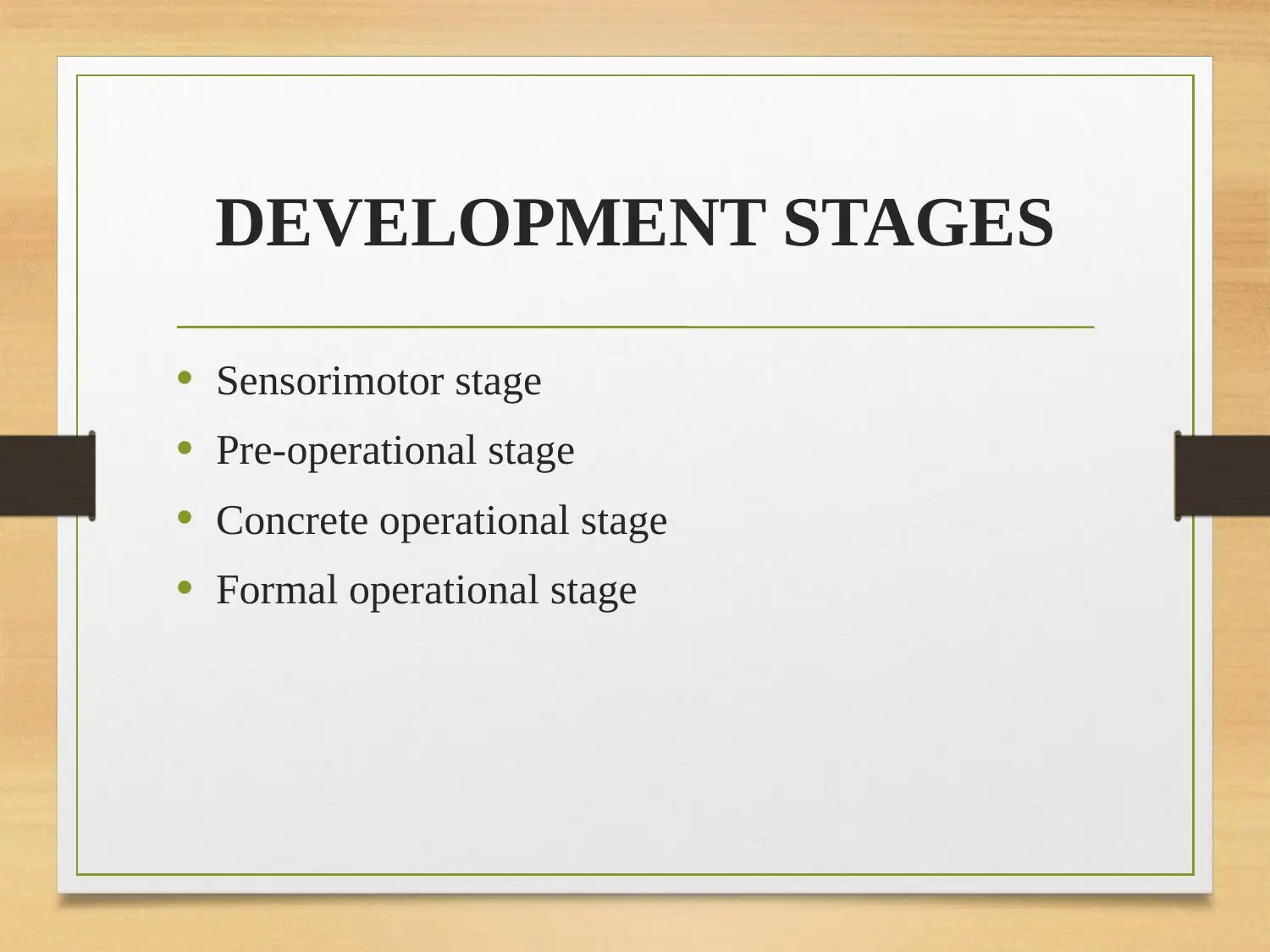
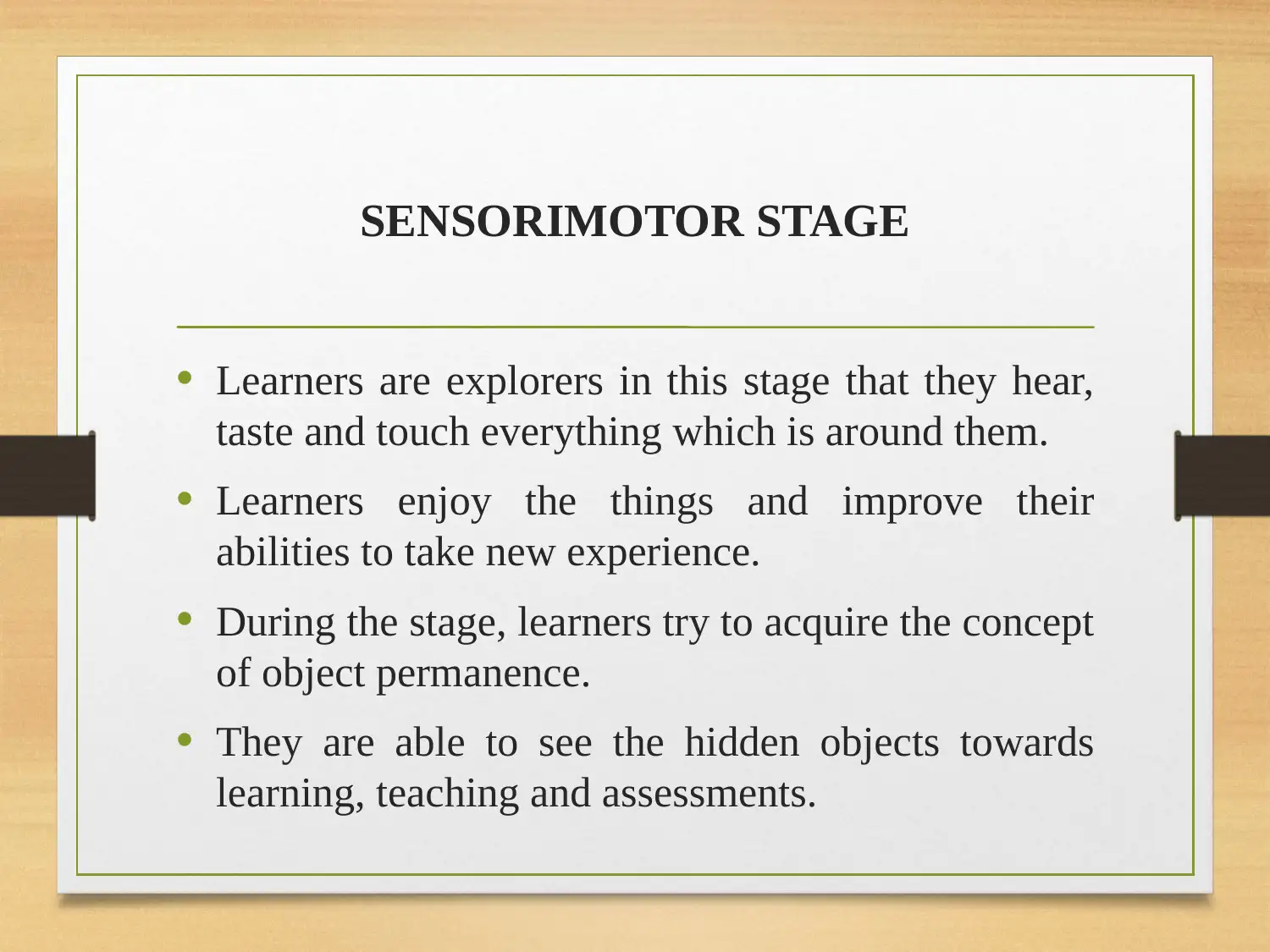
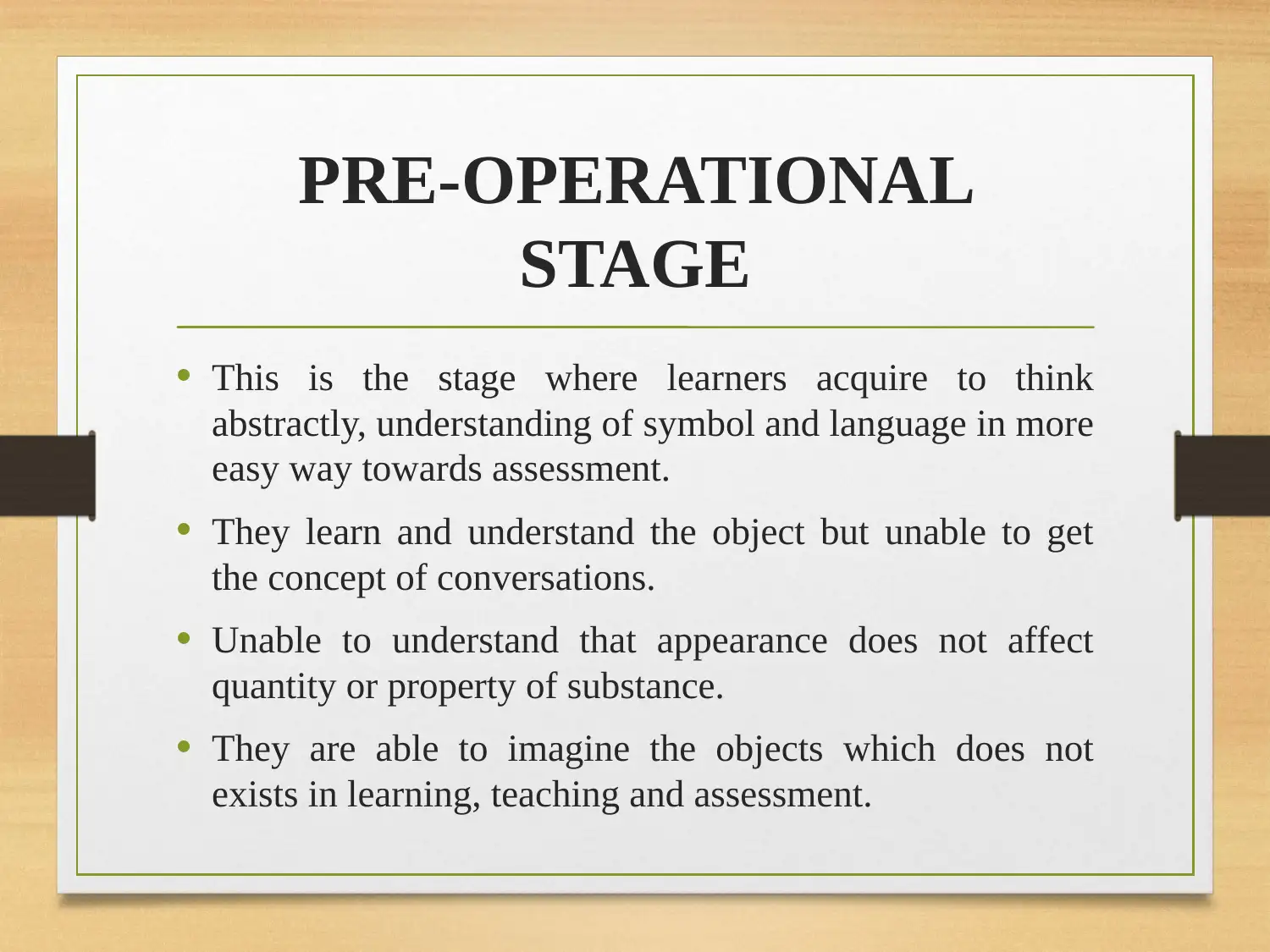
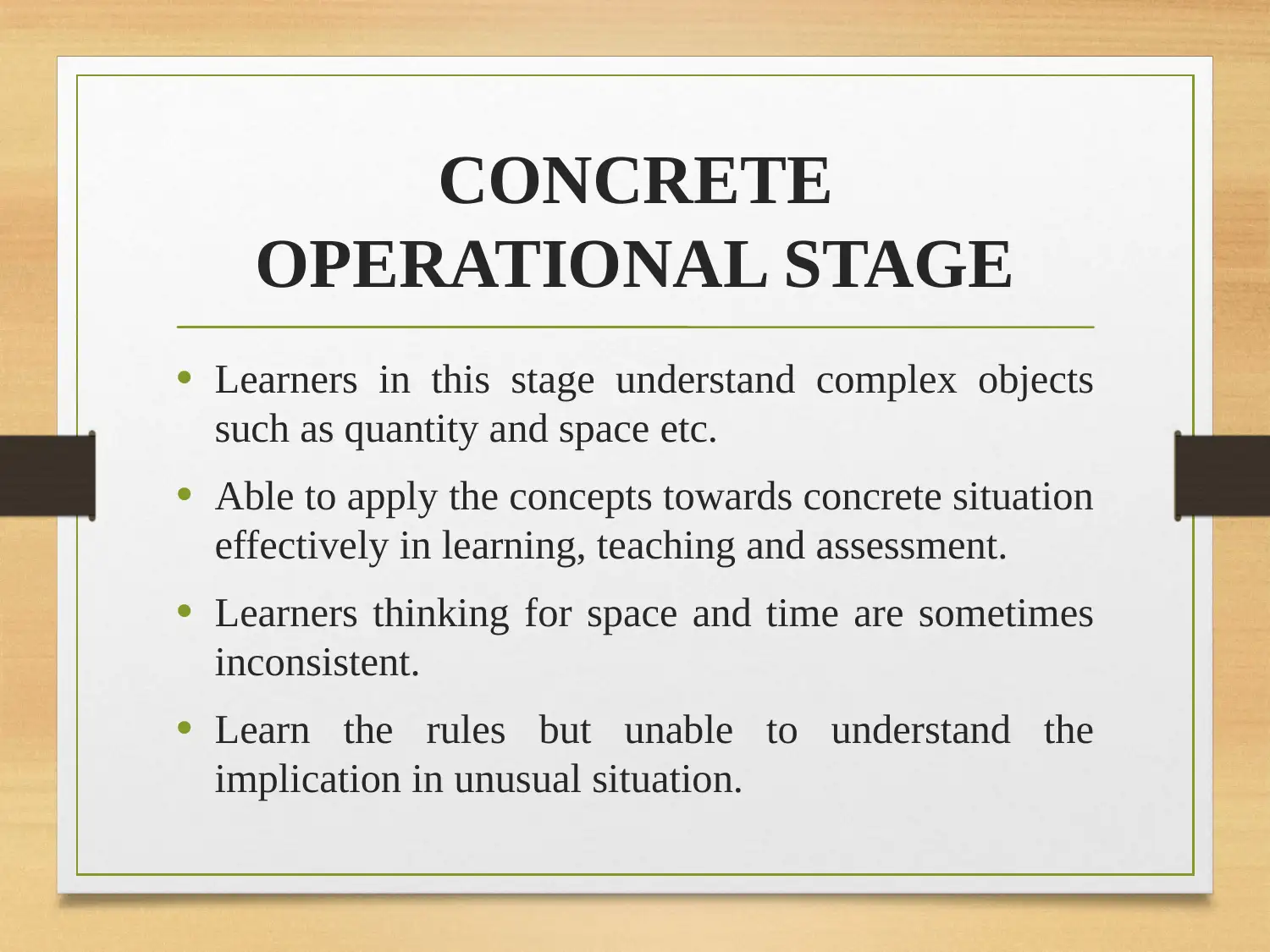
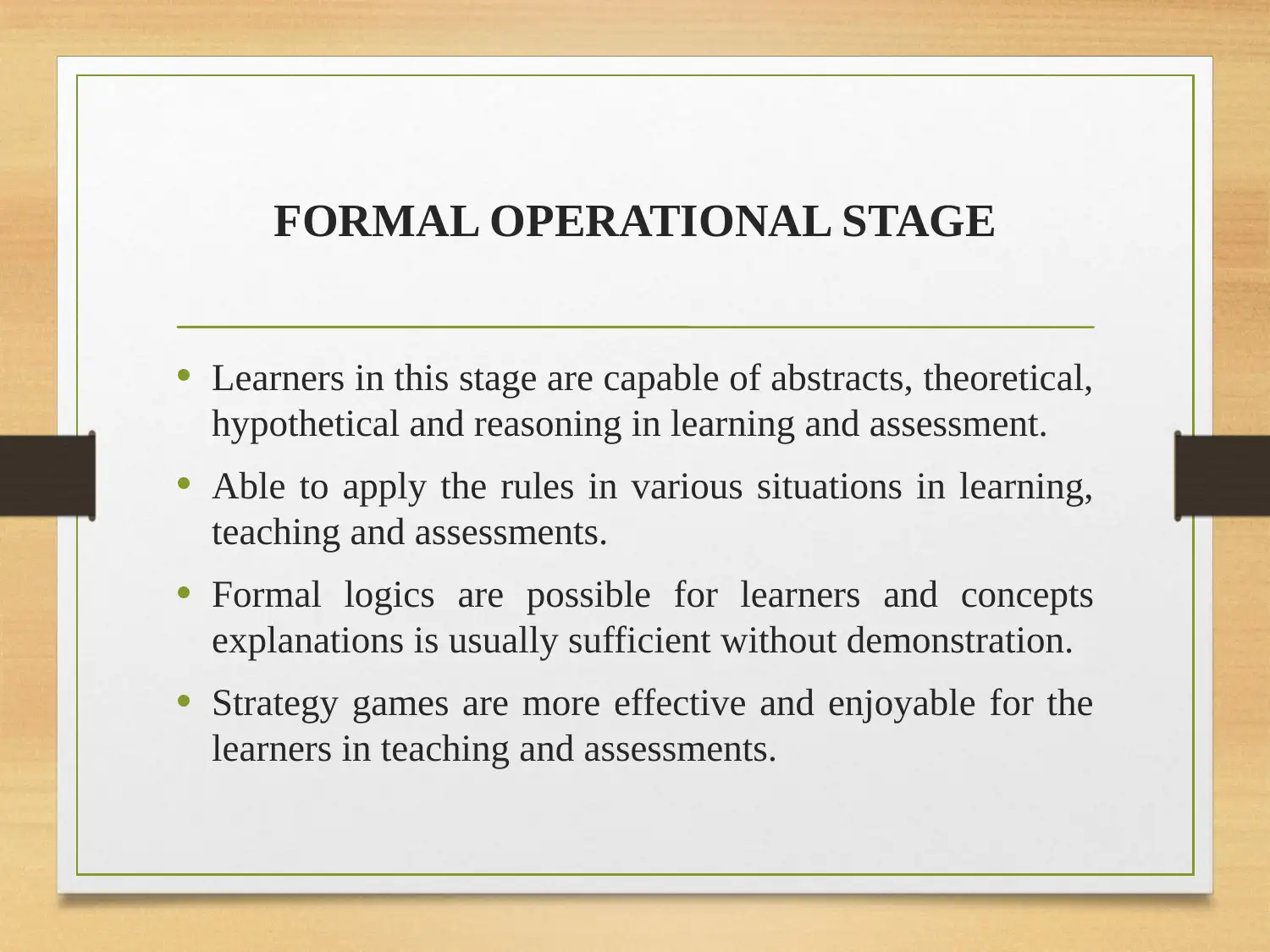
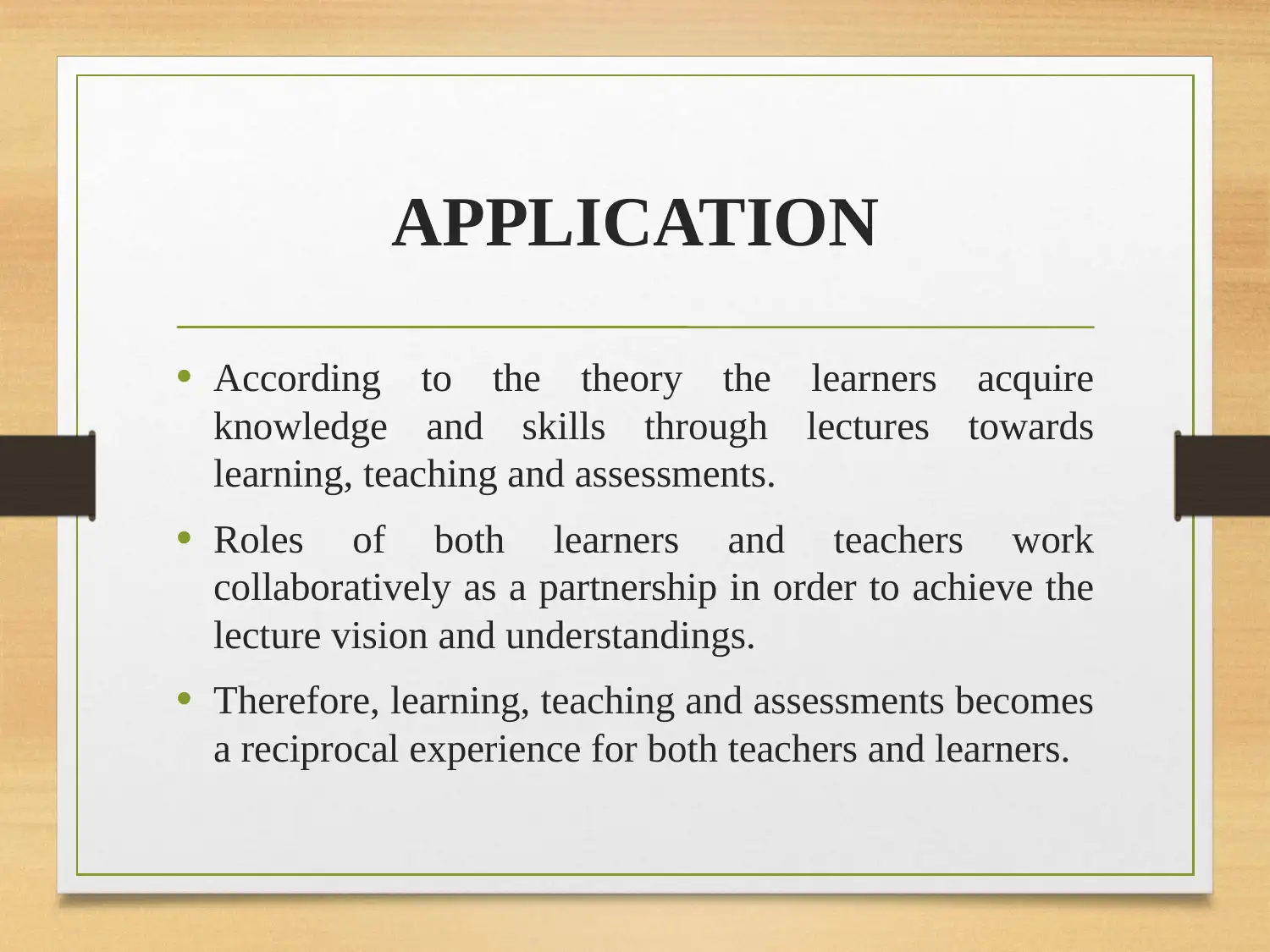
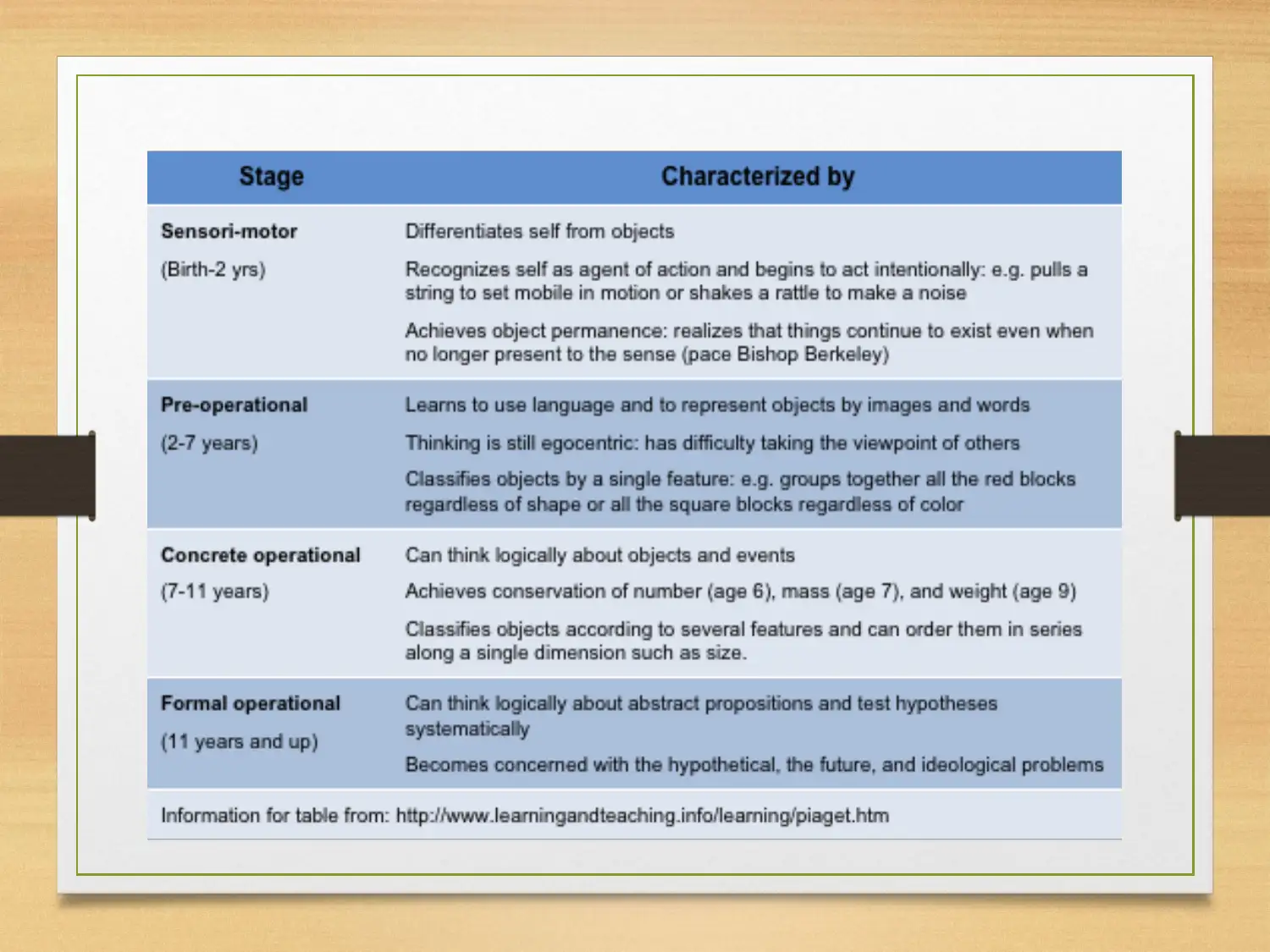
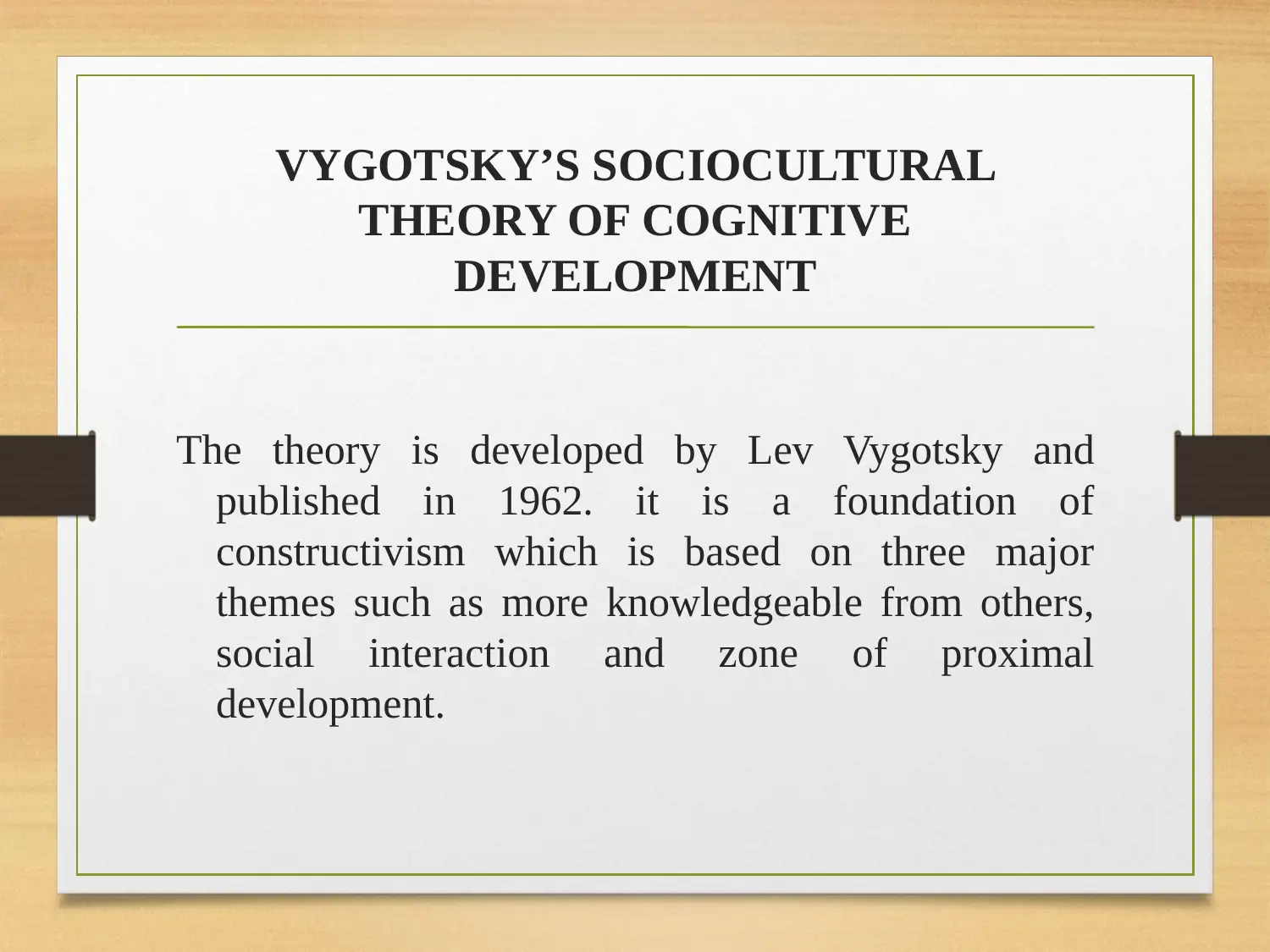
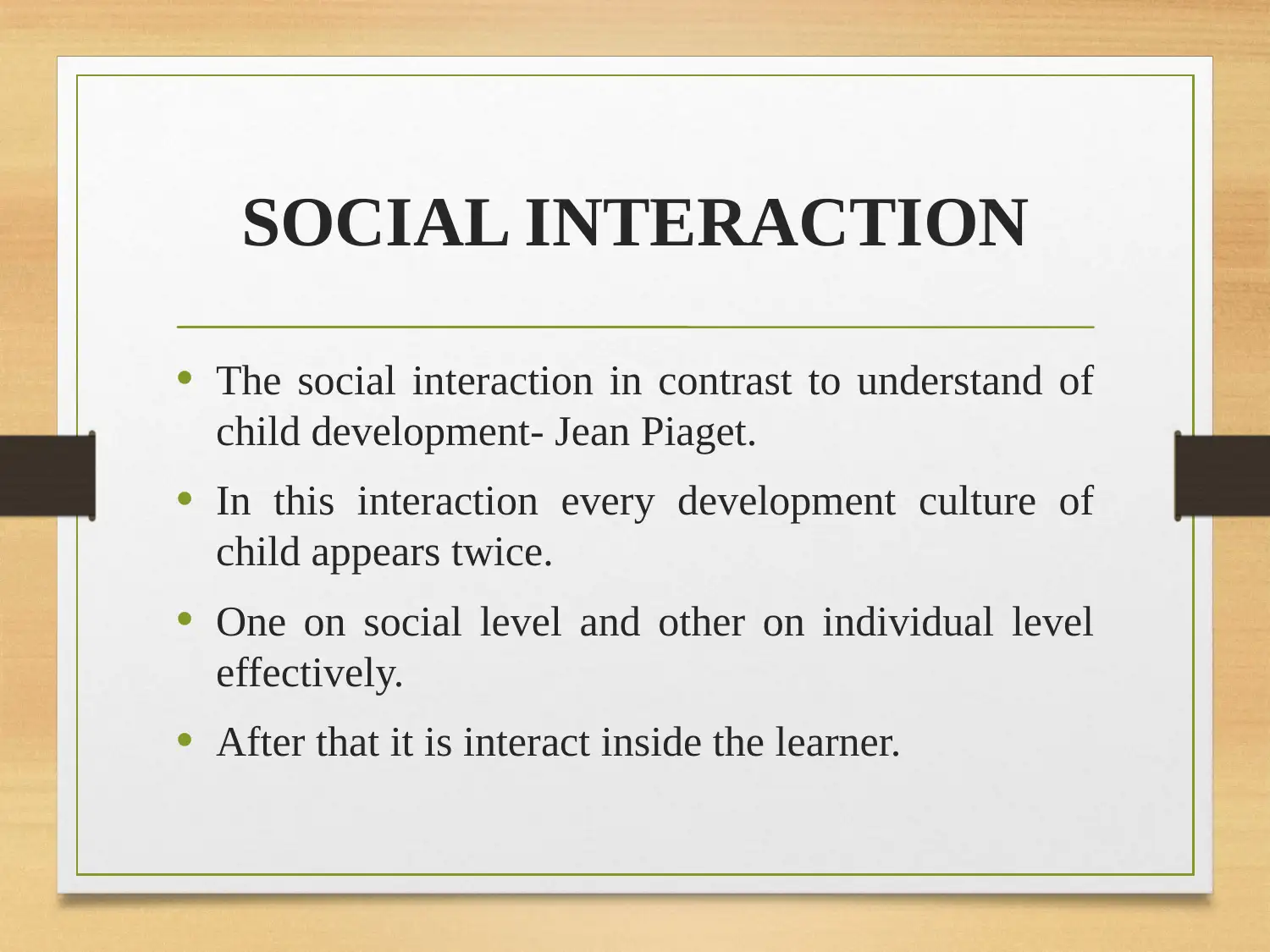





![[object Object]](/_next/static/media/star-bottom.7253800d.svg)